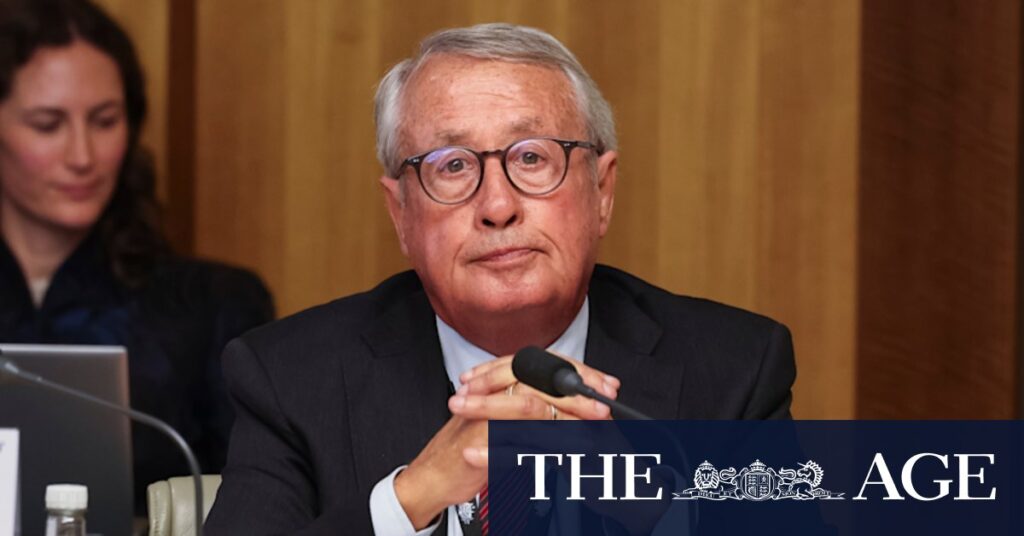
Prime Minister Anthony Albanese’s record election victory, while impressive, rests on a precarious foundation, warns Wayne Swan, the president of the Labor Party. Despite securing a substantial majority, Swan cautions that the government’s position could be jeopardized by the fragile state of modern Labor, emphasizing the need for an urgent membership drive.
Swan’s candid remarks have sparked a call to action to expand the party’s membership from the low 50,000s—fewer than all but two AFL teams—to 65,000 over the next four years. This initiative follows Labor’s historic win at the May election, where the party secured 94 seats with a primary vote of 34.5 percent, only slightly above its lowest in generations. Meanwhile, the Coalition’s primary vote plummeted to 31.8 percent.
Labor’s Strategic Reforms and Challenges
Labor’s national executive has quietly embarked on a new reform agenda post-election. Swan, addressing supporters at the Nambour RSL on the Sunshine Coast, highlighted the urgency of rebuilding the party’s volunteer base and implementing policies that resonate with everyday Australians.
“Our victory this year was wide but shallow, and a small drop in our primary vote in a national election could see the loss of a large number of seats,” Swan stated.
He further noted, “In 2022, we recorded the lowest primary votes since 1934. The rebuilding of our volunteer base is urgent, as is the implementation of Labor policies to deliver the kitchen table agenda in housing, in health, and in tax that delivered the election to us.”
Historical Context and Future Implications
While the election victory was a significant triumph, Swan’s remarks underscore a persistent issue: the party’s small membership and its failure to secure robust support from lower-income, lower-educated Australians. Swan attributed part of this challenge to an overreliance on the trade union base, which, while providing core strength, may have led to underestimating the need for party renewal.
Prime Minister Albanese, though buoyed by the election success, appears cautious in adopting a more progressive approach, reflecting Swan’s warnings. The government’s focus for 2025 is expected to center on fulfilling election promises, with a potential shift to more controversial policies, such as tax changes, in the following year.
Comparative Political Landscape
Globally, many center-left and center-right parties have faced challenges from populist movements. In Australia, the Liberal Party’s membership is declining, and right-wing politics risk fragmentation. Reports from July 28 indicated that during the Coalition’s brief split, Liberal MPs considered forming a new city-based party to avoid compromises with the Nationals. Former Prime Minister Scott Morrison reportedly discussed this possibility with close colleagues after the 2022 election.
“We have seen time and time again that complacency is the handmaiden of decline,” Swan warned. “History has sobering reminders. In March 1993, every commentator declared Paul Keating finished, but he stunned the nation with an increased majority. Three years later, complete devastation. Hero to zero in three years in a single electoral cycle.”
Swan’s reflections serve as a cautionary tale, urging the Labor Party to avoid complacency and to actively build a more vibrant and engaged membership. He stressed the importance of grassroots activism, noting that contemporary democracy demands more community engagement.
As the political landscape evolves, the Labor Party’s ability to adapt and grow its membership will be crucial in maintaining its electoral success and addressing the challenges of modern governance.






